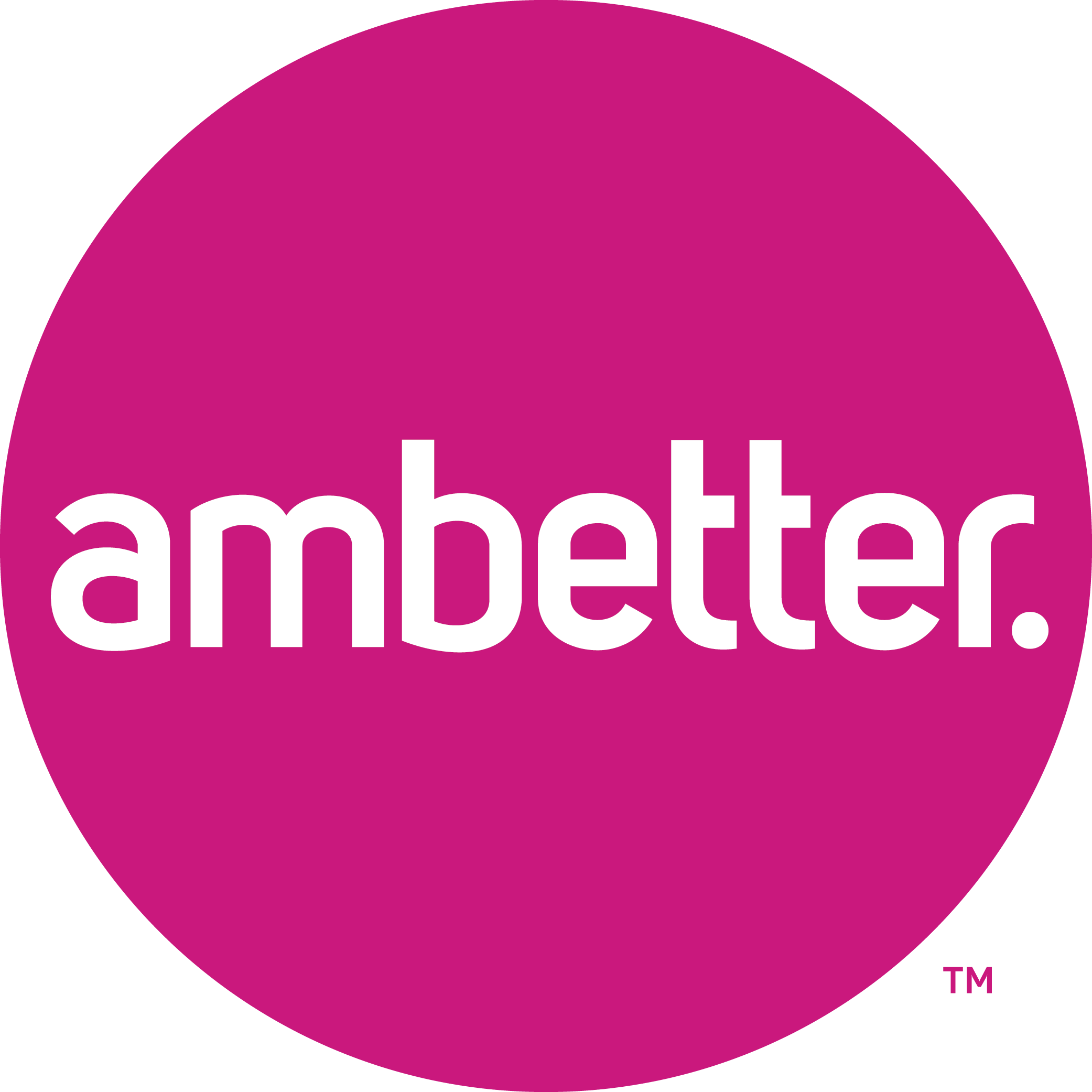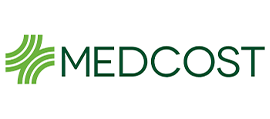Eating Disorder and Substance Abuse Treatment
Substance abuse problems may begin before or as a result of an eating disorder or even after recovering from an eating disorder. Those struggling with eating disorders and substance abuse comorbidity should meet with trained professionals who can understand, properly diagnose, and treat both conditions. Considering that up to 50% of individuals with eating disorders use alcohol or illicit drugs (a rate five times higher than the general population,) finding effective eating disorder and substance abuse treatment can make a huge difference.1 If you’re searching for treatment or know someone who is, our Banyan Philadelphia eating disorder clinic can help.
Dual Diagnosis: Eating Disorders and Substance Abuse
There is a high rate of co-occurring eating disorders and chemical dependency. In addition to the 50% of people with eating disorders who use drugs or alcohol, up to 35% of individuals with substance use disorders have also had eating disorders, a rate that is eleven times greater than the general population.1
There are various factors that addictions and eating disorders have in common, including:
- Addictive behaviors
- Preoccupation with a substance
- Loss of control
- Cravings
- Abuse of psychoactive stimulants (either to get high or to suppress their appetite for weight loss)
- Family history of addiction and/or eating disorders
- Predisposition to be impulsive
- Attempt to regain control
Addictions and eating disorders co-occur at high rates, especially among people with bulimia nervosa or the binge-eating/purging type of anorexia nervosa. This is mainly due to the prevalence of drug use among individuals with eating disorders to suppress their appetite to lose or avoid gaining weight.
However, evidence suggests that binge eating and purging eating disorders are also heavily linked to alcohol use disorders.2 The odds of having a co-occurring disorder were two or more times more likely among those with an eating disorder than those without one.
Furthermore, addictive behaviors that are commonly seen in people with drug or alcohol addictions also occur among people with eating disorders, such as self-destructive behavior. Eating disorder and substance abuse treatment centers that fail to treat both conditions increase the risk of worsening symptoms.
Substance Abuse and Eating Disorders Treatment
Our dual diagnosis rehab for addiction and eating disorders evaluates and treats both conditions to ensure the client receives the care required to improve their overall health. At Banyan Philadelphia, substance use disorder patients and eating disorder patients are treated separately. If a patient presents symptoms that can be treated in a separate program, our clinical team will assess and offer the ability to attend groups to ensure successful care of these symptoms. This additional service will be assessed on a case-by-case basis. There’s a high level of cross-addiction between eating disorders and drug use, and failure to treat one condition can elevate the risks of the other.
Our Philadelphia addiction rehab offers both drug abuse and eating disorder treatment in a Co-Occurring Disorder Program that addresses both conditions through various treatments. Our specialists rely on evidence-based therapy practices – such as biofeedback and nutrition-based services – to treat all aspects of both conditions.
In addition to co-occurring eating disorder and substance abuse treatment, Banyan also offers individual Philadelphia eating disorder treatment and drug treatment for those who do not have co-occurring disorders. Don’t let another day go by without getting help.
Call Banyan Treatment Centers today at 888-280-4763 to get started.
Source:
- NIH - Substance Use Disorders in Women with Anorexia Nervosa
- NIH - The Link Between Alcoholism and Eating Disorders
Related Reading:
Most Insurance Plans Accepted
At Banyan Treatment Centers, our goal is to make sure that anyone who needs treatment from drug and alcohol addiction are able to get the help needed to assist them on the road to recovery. If you don't have insurance contact us to inquire about alternate methods regarding treatment for yourself or a loved one.












